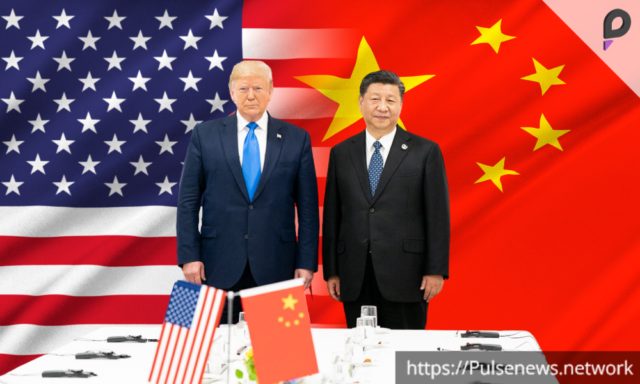A senior Chinese official has urged collaboration over confrontation, highlighting the importance of avoiding protectionism amid renewed concerns over trade disputes. Speaking at the World Economic Forum in Davos, Switzerland, Vice Premier Ding Xuexiang emphasized China‘s commitment to finding a “win-win” solution to global trade tensions while expanding its imports.
China’s Call for Balanced Trade
Without directly naming the United States, Ding underscored China’s intent to open its markets further, reduce restrictions on foreign investments, and promote domestic consumption. He emphasized that economic globalization should not be viewed as a “zero-sum game” but rather as an opportunity for mutual benefit.
“We want to import more competitive, quality products and services to promote balanced trade,” Ding said, adding that “protectionism leads nowhere, and the trade war has no winners.”
The US-China Trade Dynamic
The trade relationship between the United States and China has been fraught with tension since former President Donald Trump’s initial term. Trump’s administration increased tariffs on Chinese goods, resulting in a 2020 trade deal requiring China to buy more American products. However, U.S. officials allege that China has not fully met its commitments under the agreement.
The Trump administration’s return to office has rekindled these concerns. During his campaign, Trump vowed to impose tariffs as high as 60% on products made in China. While no immediate action has been taken, Trump’s administration is currently reviewing its trade policy.
Newly confirmed Treasury Secretary Scott Bessent has expressed intentions to enforce the 2020 trade agreements, suggesting possible demands for “catch-up” purchases to address the imbalance.
Globalization and Economic Cooperation
Ding acknowledged the challenges posed by economic globalization, including disputes over resource distribution, but stressed the need for cooperation. “We should not only make the pie of economic globalization bigger but also distribute it better,” he stated.
The International Monetary Fund (IMF) recently warned that heightened trade tensions, including potential new U.S. tariffs, could worsen global economic conditions. These measures risk disrupting supply chains, reducing investments, and stalling global growth.
Conclusion
As trade tensions between the U.S. and China loom, China’s Vice Premier has called for a collaborative approach, warning against the perils of protectionism. The world watches closely as the two economic giants navigate their relationship, with hopes for a solution that benefits global trade and stability.











